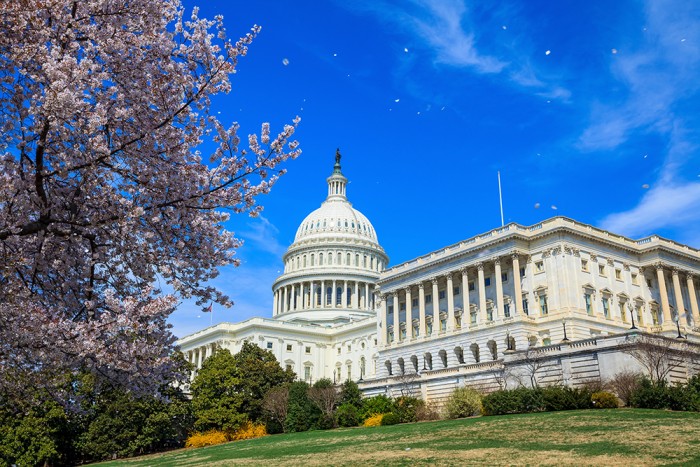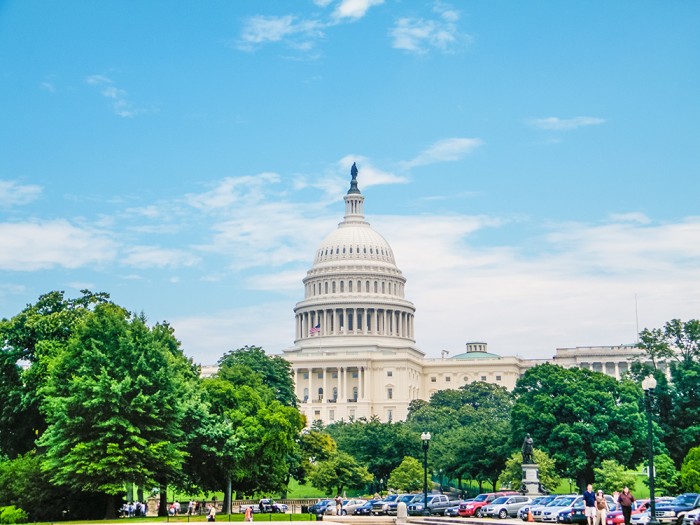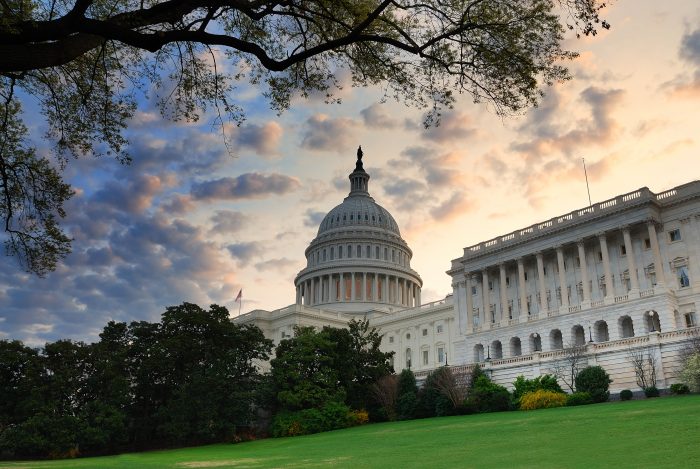National Council for Mental Wellbeing
Join RCPA on October 2 for a DEI Discussion With National Council’s Will Seto
National Council for Mental Wellbeing Announces Hill Day on October 18
The National Council for Mental Wellbeing is calling for support to address the ongoing mental health and substance use crises. They are organizing a virtual advocacy event called Hill Day on October 18 from 1:00 pm – 4:00 pm EST, where participants can urge elected officials to focus on key issues such as the behavioral health workforce shortage, establishing Certified Community Behavioral Health Clinics (CCBHC) into federal law, expanding access to substance use care, and investing in crisis care infrastructure. Register for the event today!
RCPA Prepares Final Comments Regarding CMS 2024 PFS
Views From the Field: Enhancing Care for Black and African American Health Disparities in Rural Areas

Wednesday, September 6, 2023
3:00 pm – 4:00 pm ET
REGISTER
Black and African American (B/AA) communities, especially those in rural areas, are often overlooked in discussions about improving mental health and substance use treatment services. There is a growing need for provider organizations to enhance the quality of care for B/AA individuals.
Join us for a powerful roundtable discussion about the impact of social justice concerns, COVID-19, and challenges of providing care in rural communities. As we build on the discoveries from previous focus groups, this event will amplify conversations regarding workforce shortages, accessible technology, and funding limitations, while highlighting solutions and provider recommendations to address these disparities.
This event is sponsored by the National Council for Mental Wellbeing and the Morehouse School of Medicine’s African American Behavioral Health Center of Excellence. Victor Armstrong, MSW, national director of Soul Shop for Black Churches, will moderate the discussion with panelist representatives from:
- Bootheel Counseling Services — Sikeston, Mo.
- Georgia Pines Community Service Board — Thomasville, Ga.
- NC Counts Coalition — Raleigh, N.C.
By attending the session, you will be able to:
- Discuss the current health care disparities of B/AA populations in rural areas;
- Increase your awareness of challenges regarding access, engagement, recruitment, retention, and outcomes for mental health and substance use care providers in rural areas; and
- Identify solutions and strategies for supporting community partnerships to reduce disparities.
Hill Day at Home 2023: Register Now
Message from the National Council for Mental Wellbeing:
This Fall is shaping up to be one of the most consequential federal legislative periods in recent years.
Lawmakers are treating the time between September and December as one of their last and best chances to pass meaningful, bipartisan legislation and secure funding for key behavioral health programs and services before the 2024 election cycle dominates the conversation.
So, it’s the perfect time for us to come together and demand our elected officials prioritize solutions to address the nation’s ongoing mental health and substance use crises.
Register Now!
Register now to join our Virtual Public Policy Institute on Wednesday, October 18. Together, we’ll embark on an afternoon of virtual advocacy where we’ll directly contact elected officials about issues like:
- The behavioral health workforce shortage;
- Establishing CCBHCs in federal law;
- Expanding access to substance use care and treatment; and
- Investing more in the nation’s crisis care infrastructure.
While great progress has been made by Congress and the Biden-Harris administration in the past few years, more must be done to ensure everyone everywhere has access to comprehensive, high-quality mental health and substance use care.
This is your time to make a difference. With your help, our unified voice will cut through the noise and ensure mental health and substance use programs are front and center during a busy legislative Fall.
We look forward to seeing you.
Reminder: Act Now to Support 988!
Message from the National Council for Mental Wellbeing:
Last week we reached out asking you to write to your congressional representatives in support of the 988 Implementation Act. We wanted to pop back into your inbox with a critical opportunity we have to expand the network connecting people to mental health and substance use care across the country.
The 988 Suicide and Crisis Lifeline has successfully served millions of people. But there is more work to do, and we need your support to do it. Support from you and your representative will go a long way that our crisis care system provides people in every community with someone to respond and somewhere to go if we hope to fulfill the promise of 988.
As a reminder it will only take 2 minutes to show your support. Here is why it’s paramount that your representatives support this legislation, 988 Implementation Act:
- Expands behavioral health workforce training programs and provides grant opportunities for local behavioral health centers;
- Expands Medicaid coverage for behavioral health services, including short term crisis intervention services;
- Increases support for mobile crisis response, ensuring that even those in rural areas have access to timely care;
- Creates new capital grants to be used for crisis response program facility renovation, construction, and expansion;
- Narrows the IMD exclusion so that services furnished in psychiatric acute care crisis beds administered by CCBHCs and other crisis care settings are eligible for Medicaid coverage; and
- Increases awareness of 988 through a national media campaign.
Contact your Congressional Representatives and urge them to support the 988 Implementation Act. By strengthening, and raising awareness for current resources, and building capacity at the state level for these on the ground crisis services, this legislation will make a difference, and save the lives of your friends, neighbors, and community members in crisis. Time is of the essence. Act today, and together we can strengthen the crisis care continuum.
Thank you for your advocacy.
Sincerely,
Rachel Abraham
Federal Policy and Advocacy Coordinator
The National Council for Mental Wellbeing
Action Needed! Tell Your Representative to Support the 988 Implementation Act
Message from the National Council for Mental Wellbeing:
This month the National Council for Mental Wellbeing and hundreds of other organizations across the country celebrated the first anniversary of the 988 Suicide and Crisis Lifeline, a new dialing code operated through the existing National Suicide Prevention Lifeline. With the new, easy to remember number, the Lifeline successfully served millions more people than in years prior.
Yet we still have a long way to go to ensure that our crisis care system provides people in every community with someone to respond and somewhere to go.
Recently, Representative Tony Cardenas (D-CA-29) introduced the 988 Implementation Act, bipartisan legislation that seeks to provide federal funding and support for states to enact 988 crisis services and broaden awareness of resources for those in crisis.
What is the 988 Implementation Act?
- Expands behavioral health workforce training programs and provides grant opportunities for local behavioral health centers;
- Expands Medicaid coverage for behavioral health services, including short term crisis intervention services;
- Increases support for mobile crisis response, ensuring that even those in rural areas have access to timely care;
- Creates new capital grants to be used for crisis response program facility renovation, construction, and expansion;
- Narrows the IMD exclusion so that services furnished in psychiatric acute care crisis beds administered by CCBHCs and other crisis care settings are eligible for Medicaid coverage; and
- Increases awareness of 988 through a national media campaign.
Contact your Congressional Representatives and urge them to support the 988 Implementation Act. By strengthening, and raising awareness for current resources, and building capacity at the state level for on the ground crisis services, this legislation will make a difference, and save lives.
Time is of the essence. Act today, and together we can strengthen the crisis care continuum.
Sincerely,
Rachel Abraham
Federal Policy and Advocacy Coordinator
The National Council for Mental Wellbeing

















